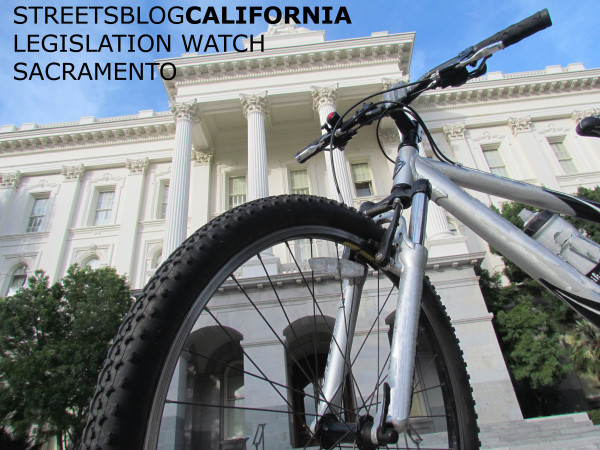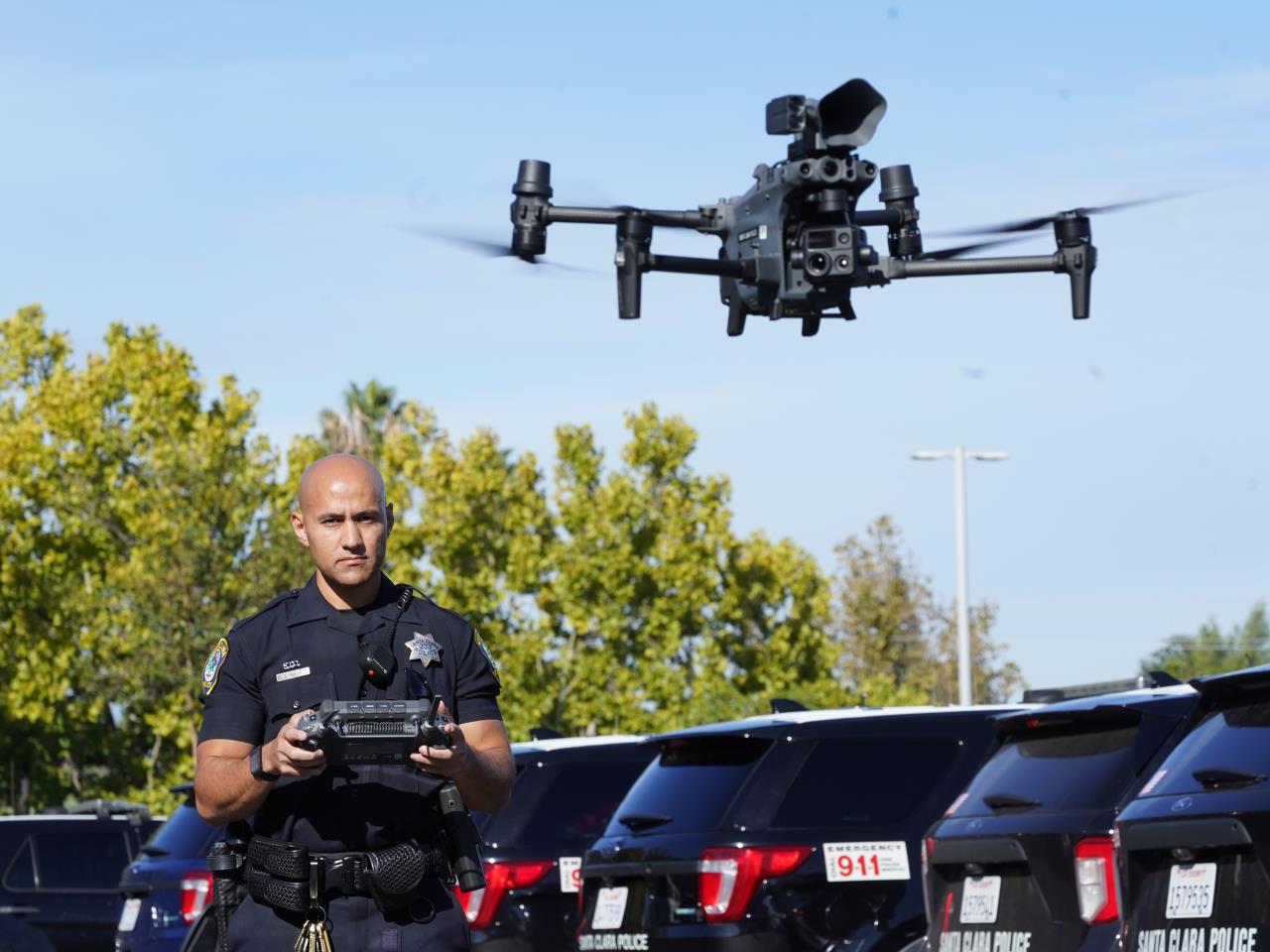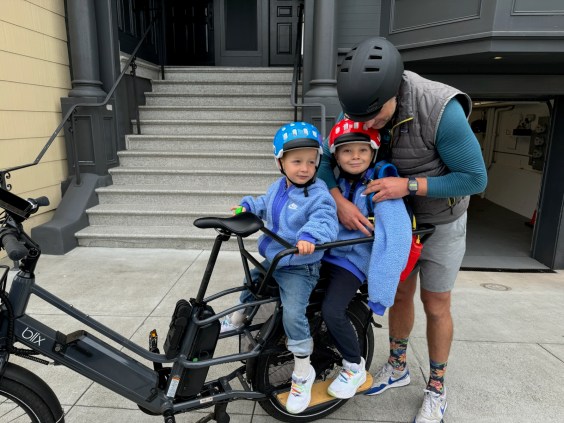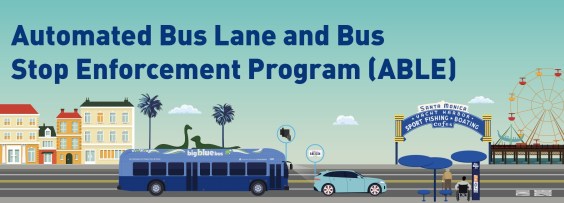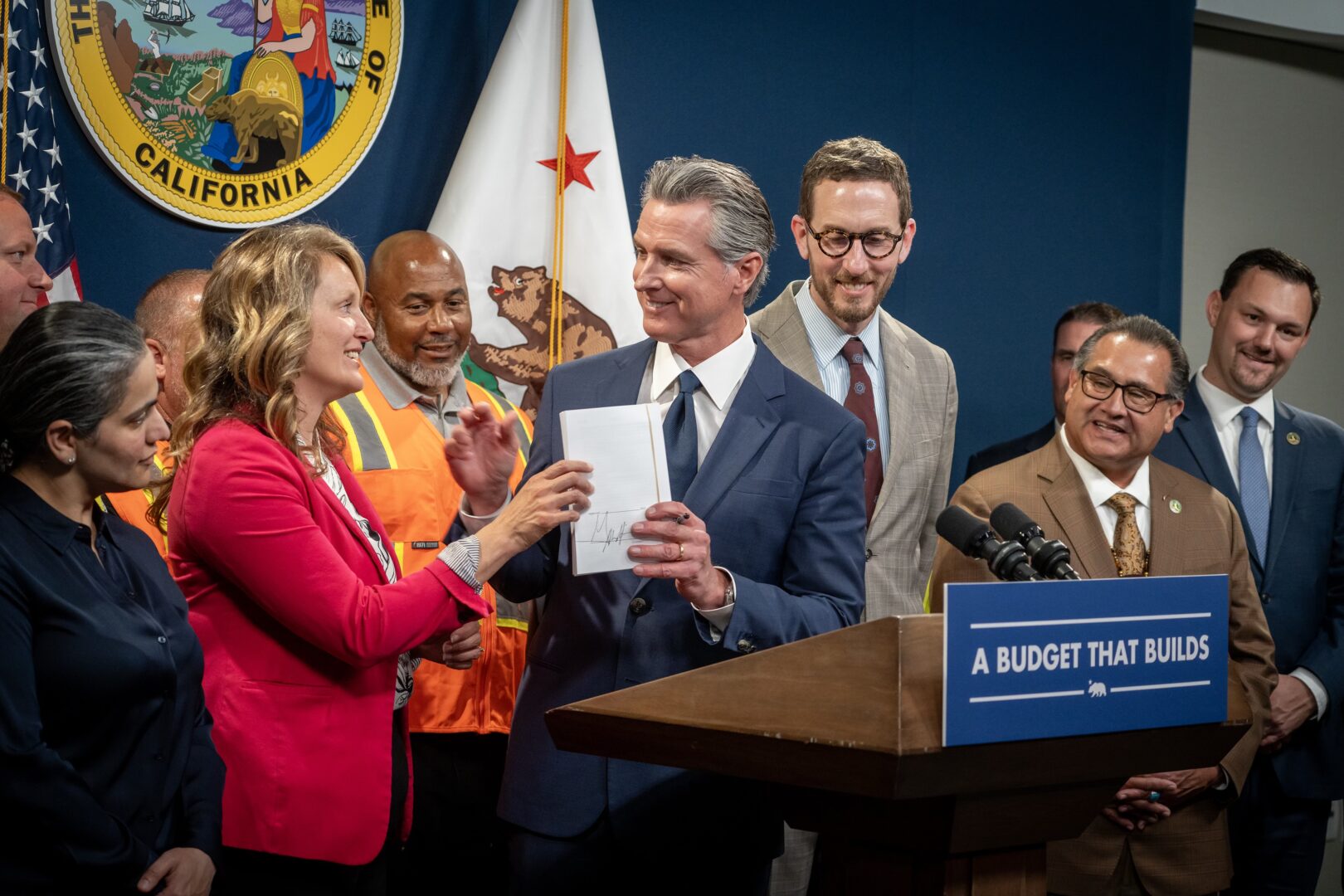GREENHOUSE GAS TARGETS
The Senate's signature climate change bill, S.B. 32, cleared a hurdle this morning when it was approved by the Assembly on a vote of 42 to 29. The bill sets targets for California to reduce its greenhouse gas emissions beyond 2020, when the current Global Warming Solutions Act will expire.
S.B. 32 will go back to the Senate for another vote on amendments before it goes to Governor Jerry Brown to sign. Brown says he is looking forward to signing both S.B. 32 and its sister bill, A.B. 197, which is currently waiting for a vote in the Senate.
“Yesterday, big oil bought a full-page ad in the capital city's newspaper of record to halt action on climate,” wrote Brown in a statement. “Today, the Assembly Speaker, most Democrats and one brave Republican passed S.B. 32, rejecting the brazen deception of the oil lobby and their Trump-inspired allies who deny science and fight every reasonable effort to curb global warming.”
Both S.B. 32 and A.B. 197 must be approved for either one to pass. While S.B. 32 sets targets for greenhouse gas emission reductions, A.B. 197 creates more oversight and requirements for the Air Resources Board, the agency in charge of defining and regulating emission reduction methods. Attention is now shifting to the second bill as the legislative session winds down, and tense negotiations continue behind closed doors.
CAP AND TRADE
Also today, the Air Resources Board released the results of the most recent cap-and-trade auction. While the amount of money brought in was bad news for people who had hoped the Greenhouse Gas Reduction Fund would continue growing and supporting emission reduction programs, there were indications that the program is working as it should. More outside entities participated in the auction than have in the past, showing that there is some expectation that allowances will have resale value. Compliance with the cap on emissions remains high, as regulated entities continue to lower their emissions over time.
Although the number of allowances sold at this auction is more than three times as many as the last auction, many of them were utility-owned credits that will be used to offset consumer energy bills. Those credits must be sold before the state can sell its own allowances, and there were still leftovers from the May auction (and there are leftovers after this one as well). Although the official accounting will not be released for a few more weeks, preliminary numbers show California made about $8 million for the Greenhouse Gas Reduction Fund in this auction.
These results also bring yet more uncertainty to the debate about how to spend currently unallocated GGRF funds. Last week Senate leaders released a plan to spend almost all of the remaining funds, but Assembly leaders have held back on releasing their response until after the auction was completed.
FARE EVASION
Also this week, S.B. 882 from Bob Hertzberg (D-Van Nuys) was signed into law by Governor Brown. The bill decriminalizes fare evasion for people under 18 years of age. While fare evasion is a problem for transit agencies, its enforcement can create unintended consequences for young people who are unable to afford transit. Under current law, youth who receive a ticket for fare evasion have to go through the court system, which could mean missing school, getting a criminal record, and sometimes ending up in juvenile hall.
The bill does not legalize fare evasion; youths who don't pay their fare can still be ticketed and face fines and penalties, but they will no longer be charged with a crime. Social justice advocates applaud Hertzberg's efforts to lower penalties for minor offenses that can have an outsized effect on low-income people.
Others have reservations about the new law. Some fear that a fine-based system through a transit agency would lack due process. The California Transit Association, which represents many transit agencies, opposed the bill, saying the agencies would be forced to create a new administrative system to handle the infractions on their own, and would have little recourse if fare evaders didn't pay penalties. Another bill, A.B. 869 from Assemblymember Jim Cooper (D-Elk Grove), which is still in the legislative process, would make it a crime to not pay the administrative fee resulting from a fare evasion infraction.
DISTRACTED DRIVING
S.B. 1785 from Assemblymember Bill Quirk (D-Hayward), is headed to the Governor's desk for his signature after passing today's Assembly hearing. The bill prohibits the use of any handheld device while driving, although it allows drivers to attach devices to the windshield and use them there.
It is not exactly a huge win for vulnerable road users, but as tiny a change as it brings, the bill still had opposition. Assemblymember Travis Allen (R-Huntington Beach) got up to decry the bill as “overly broad” and “unworkable in real life,” saying that anyone who claims they never use a device while driving is “in a tiny minority”—as if the more people engage in a dangerous activity, the more reason there is for it be be legal.
It is dangerous to others to drive while texting, talking on the phone, looking at Facebook, navigating a GPS, or playing Pokemon, whether the device is in the hand or on the windshield, which this bill now requires.
